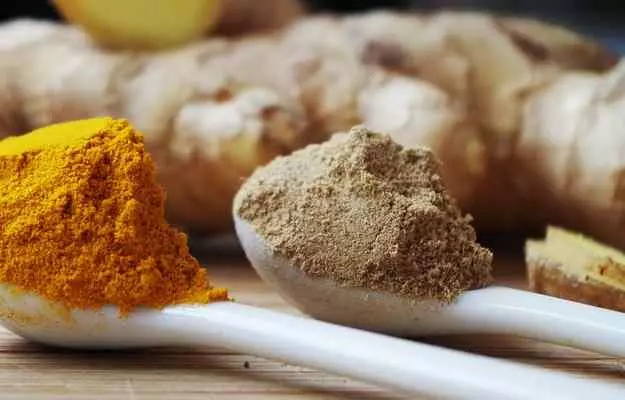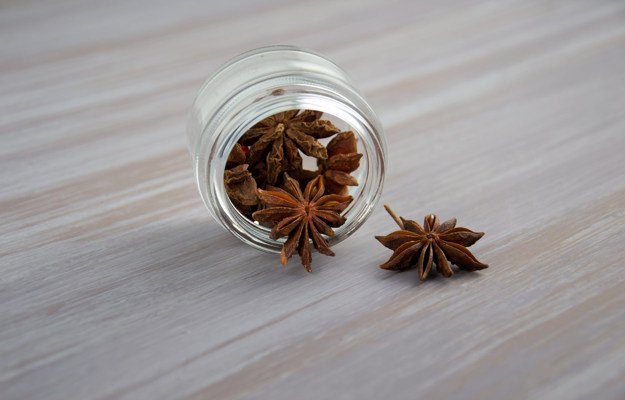Ginger powder is derived from dried ginger roots and is a common kitchen ingredient, called sonth in India. It lacks the pungent taste of fresh ginger and is thus commonly used as a food seasoning. If you are a fan of the earthy and sour taste of ginger powder, you must be wondering about its benefits for health.
This spice possesses medicinal properties and has long been in use in traditional and herbal medicine for the management of several conditions affecting health. To confirm this traditional use, numerous studies have been done to examine the effects of ginger powder on your health and the results have been promising.
It has been found that the supplementation of ginger powder is beneficial for individuals affected with type 2 diabetes as it helps to manage blood glucose levels. Its antioxidant properties help to reduce oxidative stress and damage and is thus helpful in reducing the risk of various diseases and disorders, which will be discussed in this article. So, let’s begin exploring this wondrous spice.






















